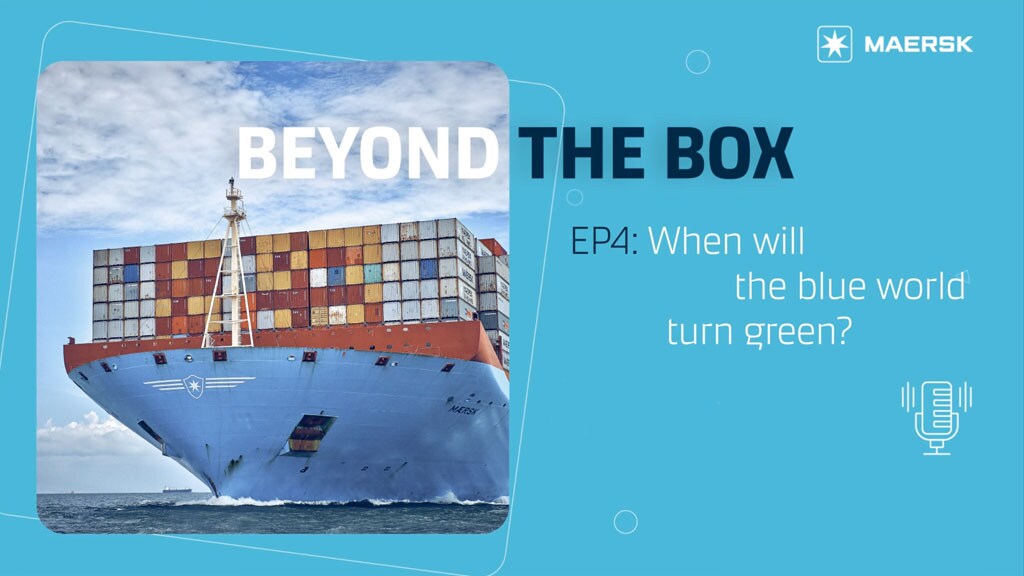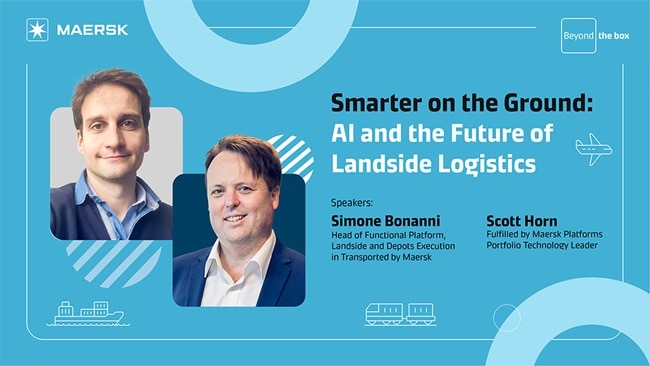PODCAST: How low can you go? The path to reducing emissions in shipping


The United Nations’ International Maritime Organisation has adopted a revised strategy to decarbonise global shipping, following the 80th assembly of its Marine Environment Protection Committee (MPEC 80).
As part of the strategy, member states have set a target to reach net zero greenhouse gas emissions “by or around” 2050. They have also agreed on implementing a global fuel standard, and that greenhouse gas emitters will have to pay a levy on their emissions.
With shipping being responsible for 3% of all greenhouse gas emissions, this is a significant step forward. This latest episode of the Beyond the Box podcast examines the significance of that deal and what it means for the industry and for making supply chains more sustainable.
Decarbonising global shipping
In this episode, Susan Ruffo, Senior Advisor for Ocean and Climate at the independent United Nations Foundation attended MPEC 80 unpacks the details of the strategy. Simon Bergulf, Group Representative for Europe at Maersk, was also present and shares his insights into what the outcome means for the shipping industry, while Jim Hagemann Snabe, Chairperson of Siemens offers the perspective of shipping customers.
While many celebrated the outcome of MPEC 80, Rasmus Bjerring Larsen from the Council for Green Transition says many wished the strategy had gone further.
Listen now to find out more about the upcoming changes and implementations and the potential for reducing shipping emissions in future.
行业内部人士分享独到见解
Explore more on these topics
相关文章
查看所有见解未来,您想随时了解必读行业趋势吗?
您已经完成了,欢迎“登船”!
很抱歉,发送您的联系请求时出现问题。
请查看表单字段,确保所有已正确填写所有必填信息。如果问题仍然存在,请联系我们的支持团队以获得进一步的帮助。
未来,您想随时了解必读行业趋势吗?
使用此表格注册,即可直接在您的邮箱中接收我们的洞察见解,进入一个真正的综合物流世界。简单操作,即从我们为您量身定做的精选文章中获得启发,了解相关行业洞察信息。您可以随时取消订阅。












